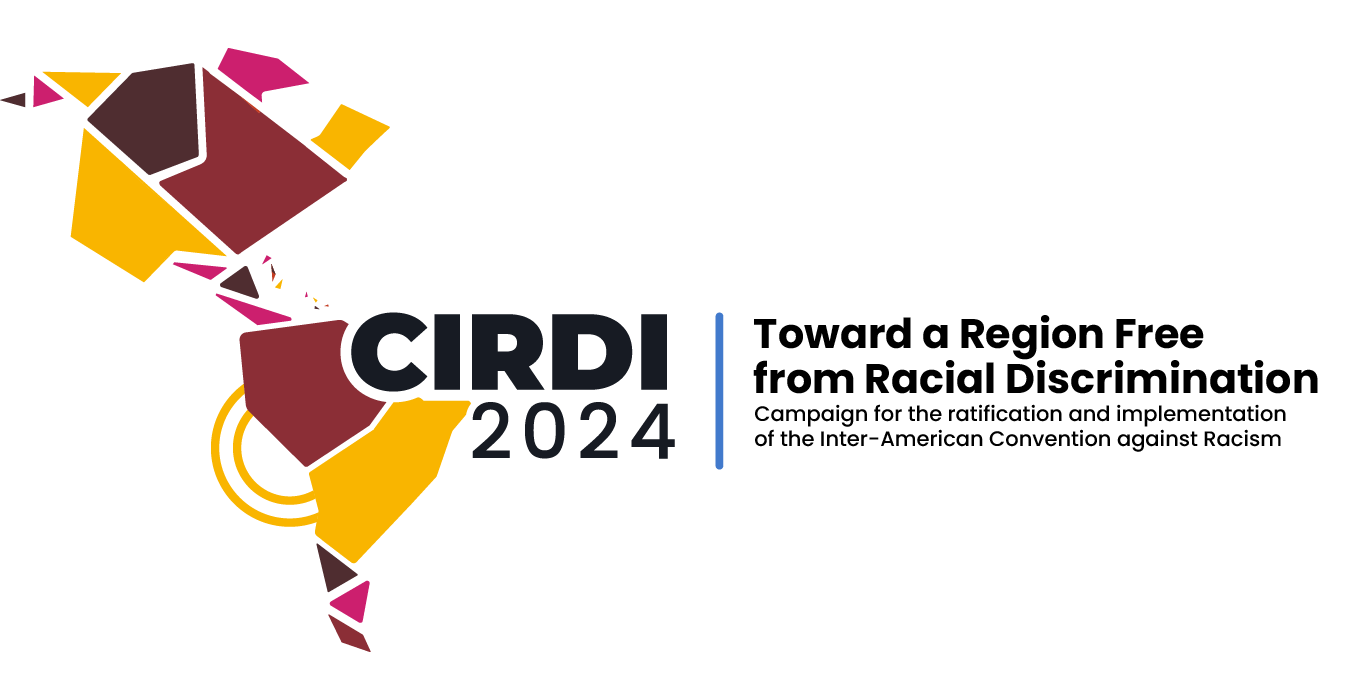 March 4, 2022.- Although Peru signed the Inter-American Convention against Racism, Racial Discrimination and Related Forms of Intolerance (CIRDI) in 2017, to date, this regional instrument has not been ratified by the State. Therefore, different Afro-Peruvian organizations are taking the necessary steps to make it a reality and the country is moving towards the formulation of laws and policies that protect and guarantee the rights of the ethnic peoples present in the country.
March 4, 2022.- Although Peru signed the Inter-American Convention against Racism, Racial Discrimination and Related Forms of Intolerance (CIRDI) in 2017, to date, this regional instrument has not been ratified by the State. Therefore, different Afro-Peruvian organizations are taking the necessary steps to make it a reality and the country is moving towards the formulation of laws and policies that protect and guarantee the rights of the ethnic peoples present in the country.
Organizations such as the Center for the Development of Peruvian Black Women (CEDEMUNEP) carry out actions and strategies in search of equality and equity for this population. Their lines of action are aimed at strengthening elements of identity, self-esteem, as well as the fight against ethnic and racial racism.
Cecilia Ramírez Rivas, executive director of CEDEMUNEP, emphasizes that for 24 years they have undertaken actions and trainings that have involved Afro-Peruvian women and that they have succeeded thanks to the commitment of their members.
This work has been possible thanks to the advocacy of different civil organizations that have made the demands of Afro-Peruvian women visible in different spaces and government agencies, such as the Ministries of Women, Justice, Education, Health, and Culture, among others.
With strategic coordination, this work has made it possible for the Peruvian Congress to declare June 25 as the National Day of Afro-Peruvian Women in 2020. There are at least, as Ramírez points out, two other bills in the pipeline, one related to the creation of the Law and on the Titling of the Territorial Property of Indigenous or Original and Afro-Peruvian Peoples and Bill 552/2021, which proposes the full recognition and registration of the legal personality of indigenous or original peoples, and Afro-Peruvian peoples, both bills, presented and filed by legislator Silvana Robles Araujo.
“The Afro-Peruvian organizations are doing awareness-raising work that is not only aimed at Congress, as the body that approves the legislation, but also for us, because it is also important that Afro-Peruvian organizations and citizens know about these processes and the importance of the ratification of CIRDI,” says the executive director of CEDEMUNEP.
As Ramírez Rivas recalled, the Conventions have a binding effect and, therefore, by ratifying CIRDI, Peru must adapt its laws to comply with the principles of this regional instrument.
Once the Peruvian State ratifies the Inter-American Convention against Racism, Racial Discrimination and Related Forms of Intolerance, there are several elements that must be addressed: the implementation of the National Policy of the Afro-Peruvian People, promoted by the Ministry of Culture; a more direct fight against racial discrimination and the promotion of a law that makes racism a punishable offense.
Racism, in the words of Ramírez Rivas, is a barrier that prevents progress in sectors and areas such as education, health, employment, among others, and even more so if we consider that the pandemic has deepened the inequality gaps in many populations and peoples of Latin America and the Caribbean.
“As Afro-Peruvian people we face various problems, but we are not going to solve them alone. We must work hand in hand with allies within state institutions. We value the actions and support we have received from organizations such as Race and Equality, among others, because we must all understand that racism and racial discrimination is a problem that many do not identify as such,” said the executive director.
“We hope that the Peruvian State will speed up the ratification of this Convention. We know there is willingness and we want this to transcend and become real,” says Afro-Peruvian activist Cecilia Ramírez.
Race and Equality, through the CIRDI 2024: Towards a Region Free of Racial Discrimination campaign, will continue to provide technical assistance and capacity building to governments and civil society in order to achieve legislation that includes and protects ethnic peoples in Peru.


